The Scholarship of Technology Enhanced Learning (SoTEL) Boot Camp provides an introduction to establishing critical reflective TEL practice research and collaborating in an open TEL education research network. Concepts and example applications are outlined in a pre-reading guide, an introductory Webinar, and illustrated by a Webinar panel of expert practitioners. This was followed by a two-day online workshop where participants explored the design and sharing of research projects that integrate TEL into their courses for their students with a focus upon enabling student generated projects and collaboration using their own mobile devices.
Suitable for:
Anyone interested in exploring reflective TEL practice research.
Program schedule:
- Pre reading-guide
- Intro webinar (Monday 20 September, 12pm-1pm)
- Webinar panel of expert practitioners (Tuesday 21 September, 12pm-1pm)
- Interactive online workshop part 1 (Wednesday 22 September, 12pm-2pm)
- Interactive online workshop part 2 (Thursday 23 September, 12pm-2pm)
This Boot Camp is a part of the MCSHE Technology Enhanced Learning Boot Camp series.
Monday Webinar: 20th Sept 12pm-1pm
Cochrane, Thomas (2021): Introduction to the Scholarship Of Technology Enhanced Learning. University of Melbourne. Media. https://doi.org/10.26188/16684765.v1
Tuesday Panel: 21st Sept 12pm-1pm
- Vijay Rajagopal & Lionel Lam (Bionic Limb project collaborative Curriculum design)
- Alexis Pang (Mobile Fieldwork App development & evaluation)
- Charles Sevigny & Angelina Fong (A&P SOTL CoP)
- Kristal Spreadborough + Kate Coleman – (#DataCreativities QI collaborative methodology)
- Solange Glasser + Margaret Osborne + Ben Loveridge – (VPL collaboration/ISPS)
- Gavin Buskes (Electrical & Electronic Engineering – Flipping the Classroom)
Weds Workshop: Example SoTEL projects and papers: 22nd Sept 12-2pm
- #Datacreativities (Kristal Spreadborough & Kathryn Coleman) – QI process https://doi.org/10.1177/10778004211039165
- Bionic Limb (Vijay Rajagopal & Lionel Lam) – AAEE paper (In review)
- Angelina Fong & Charles Sevigny 10.30722/ijisme.27.08.006
- Alexis Pang
- Gavin Buskes
- Solange Glasser, Margaret Osborne & Ben Loveridge – ISPS papers
- SoTEL Showcases
Thursday Workshop: 23rd Sept 12-2pm
- Systematic Review Demo – Todd Stretton & Stephen Aiello
- UoM Library Guides
- DBR/SoTEL PADLET for co-creation & Template for SoTEL research
- Structuring your SoTEL article
- Choosing Journals to submit to and publish in
- https://www.scimagojr.com
- https://scholar.google.com.au/citations?view_op=top_venues&hl=en&vq=soc_educationaltechnology
- https://thinkchecksubmit.org
- https://clarivate.com/blog/how-to-find-the-right-journal-for-your-research-using-actual-data/
- Directory of Open Access Journals
Suggested readings:
- Boyer, E. (1990). Scholarship reconsidered: Priorities of the professoriate. Princeton, NJ: Carnegie Foundation for the Advancement of Teaching. https://eric.ed.gov/?id=ED326149 (Links to an external site.)
- Wickens, Renate. (2006). Sotel: Toward a scholarship of technology enhanced learning. Canadian Journal of University Continuing Education, 32(2), 21-41. doi: https://doi.org/10.21225/D56300 (Links to an external site.)
- Greenhow, Christine, & Gleason, Benjamin. (2014). Social scholarship: Reconsidering scholarly practices in the age of social media. British Journal of Educational Technology, 45(3), 392-402. doi: 10.1111/bjet.12150 (Links to an external site.)
- Haigh, Neil. (2010). the scholarship of teaching & learning: A practical introduction and critique. Ako Aotearoa, National Office, Wellington, New Zealand: Ako Aotearoa. https://ako.ac.nz/assets/Knowledge-centre/Scholarship-of-teaching-and-learning/SUMMARY-REPORT-The-Scholarship-of-Teaching-and-Learning-a-Practical-Introduction-and-Critique.pdf (Links to an external site.)
- Haynes, Daniel. (2016). Introducing sotel. International Journal for the Scholarship of Technology Enhanced Learning, 1(1), 1-2.
Additional Reading
- Frielick, Stanley. (2016). Researching teaching: The importance of sotl. Education Review, (October). https://educationcentral.co.nz/researching-teaching-the-importance-of-sotl/ (Links to an external site.)
- Bower, Matt. (2019). Technology-mediated learning theory. British Journal of Educational Technology, 50(3), 1035-1048. doi: 10.1111/bjet.12771 (Links to an external site.)
- Cochrane, Thomas, & Narayan, Vickel. (2015, 29 November – 2 December). Developing the scholarship of technology enhanced learning (sotel).Paper presented at the Globally connected, digitally enabled, the 32nd Ascilite Conference, Curtin University, Perth. https://www.researchgate.net/publication/286094319_Developing_the_Scholarship_of_Technology_Enhanced_Learning_SOTEL (Links to an external site.)
- Cochrane, Thomas, & Narayan, Vickel. (2018, 25-29 June, 2018). The scholarship of technology enhanced learning: Reimagining sotl for the social network age. Paper presented at the EdMedia: World Conference on Educational Media and Technology 2018, Amsterdam, Netherlands. https://www.researchgate.net/publication/326412332_The_Scholarship_of_Technology_Enhanced_Learning_Reimagining_SOTL_for_the_Social_Network_Age? (Links to an external site.)
- Cochrane, Thomas, & Farley, Helen. (2017). Editorial: Volume 33 special issue on mobile ar & vr integrating sotel in learning design. Australasian Journal of Educational Technology (AJET), 33(6). doi: https://doi.org/10.14742/ajet.4132

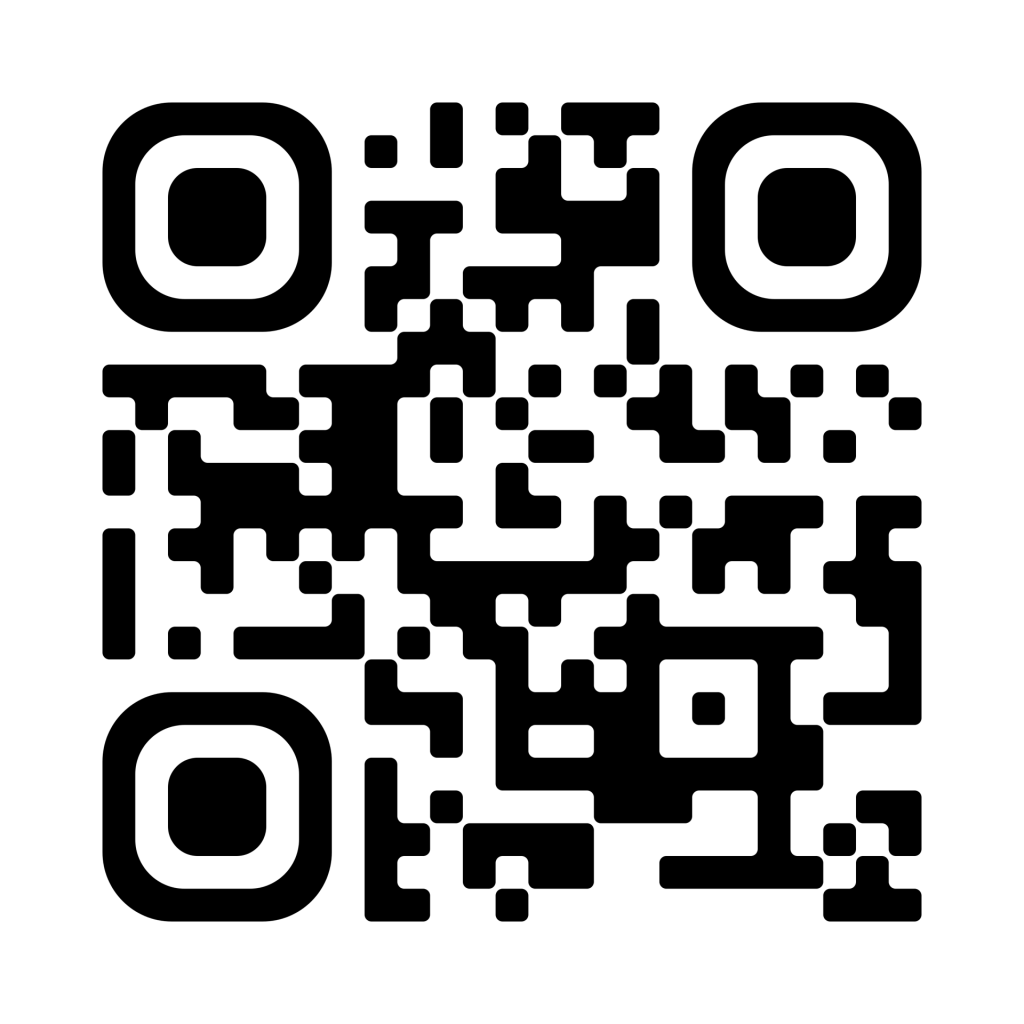
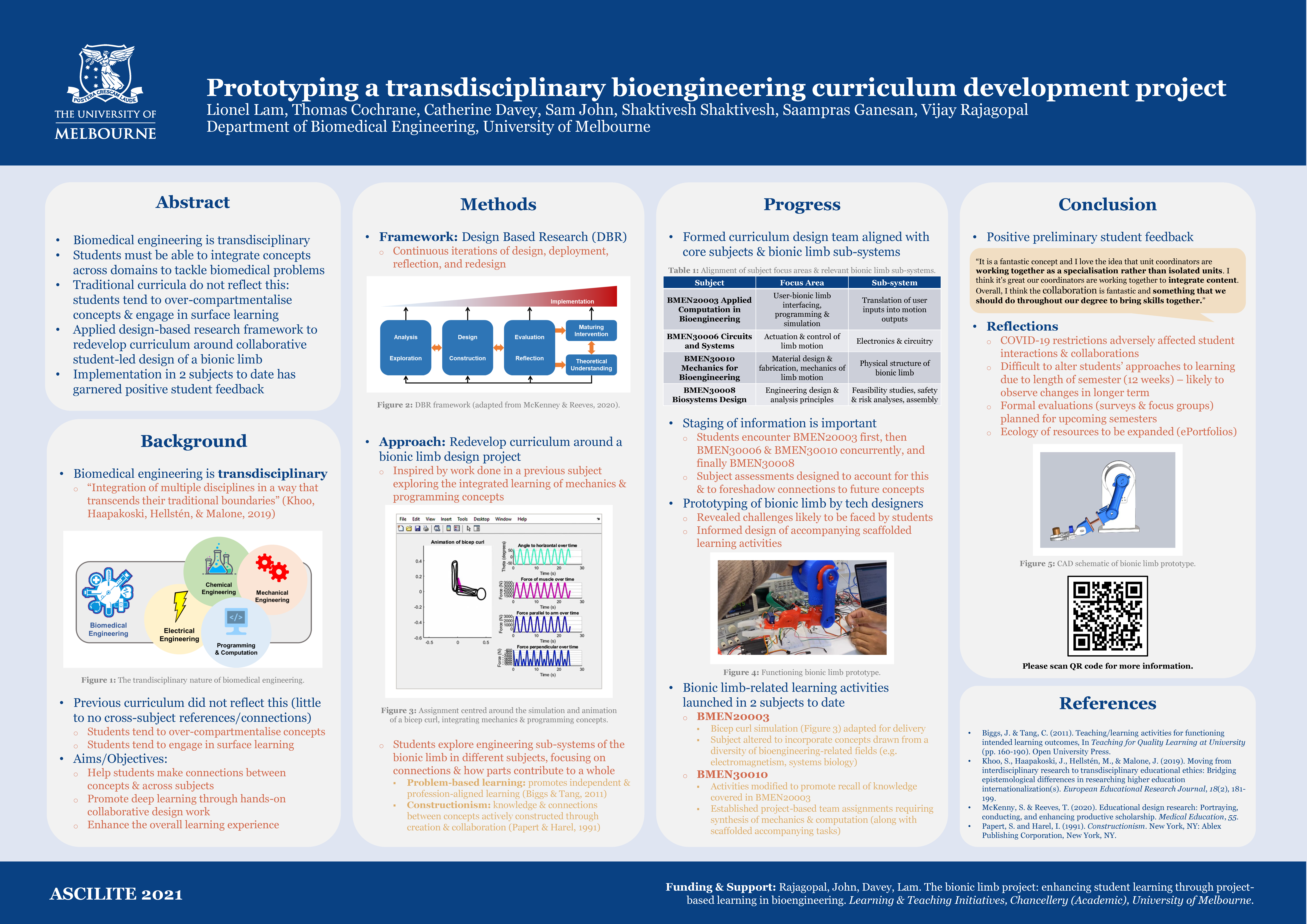
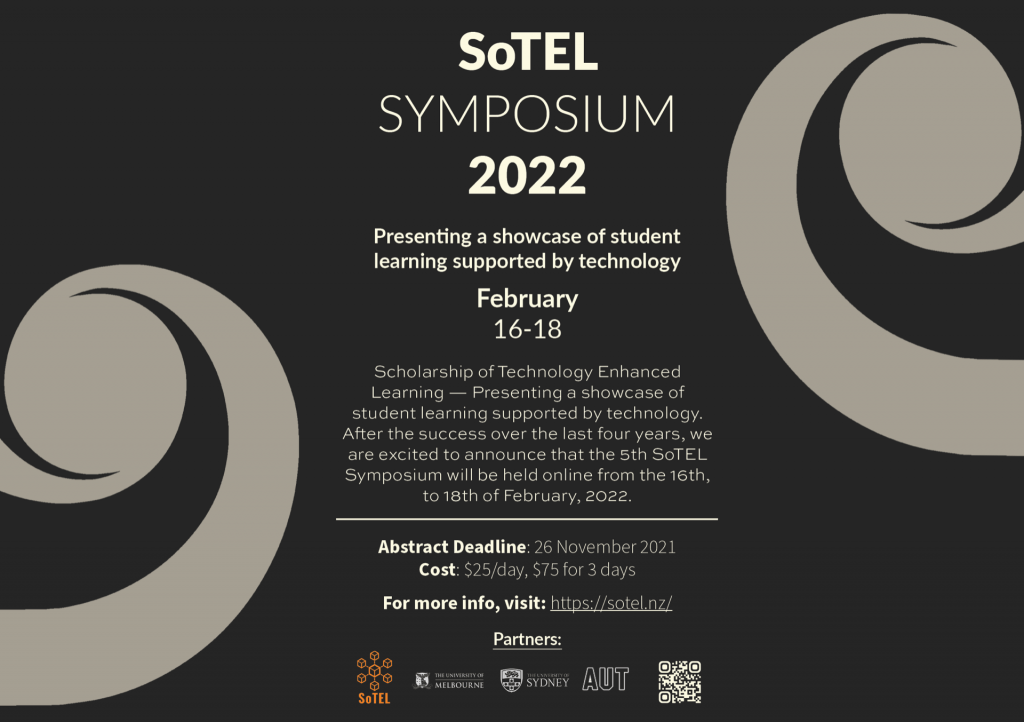
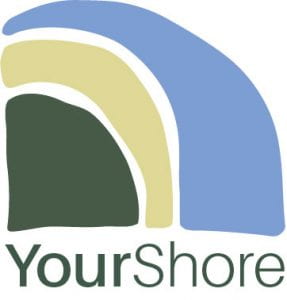 This work is part of a
This work is part of a 
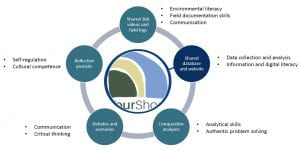
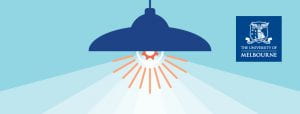

Recent Comments